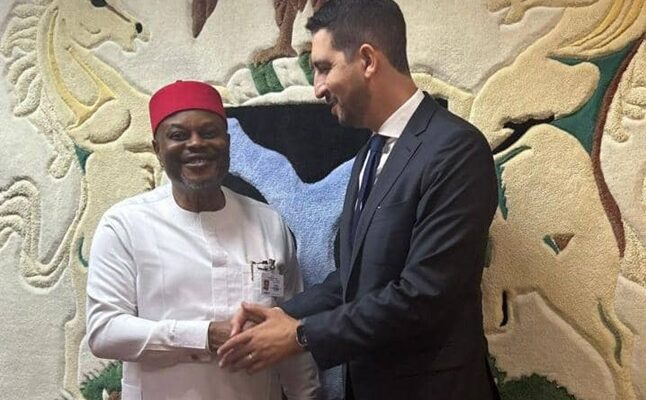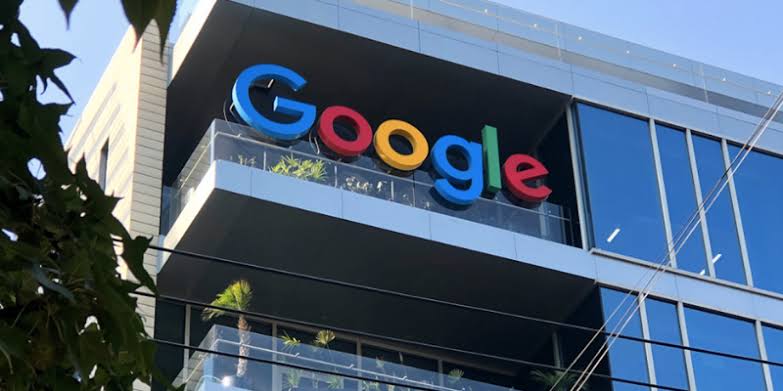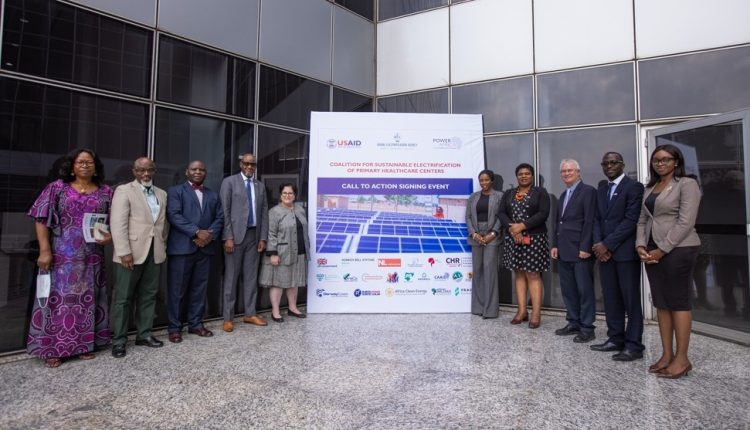MTN Mobile Money Uganda Limited (MTN MoMo) has strongly denied reports published by The Kampala Journal that claim the company deducted 100/= from the Mobile Money wallets of all its subscribers to finance political campaigns or respond to the recent “Trump USAID ban.”
In a statement released on Friday, the company dismissed the report as false and unfounded.
Read also: MTN partners with Mastercard, Arifu to digitise 1 million businesses in Uganda, Côte d’Ivoire
100/= deductions to recoup undebited transaction fees due to technical glitch
MTN MoMo vehemently denies these accusations and explains that the deductions in question were made to recoup transaction fees that were unintentionally overlooked because of a brief system error that happened on February 8, 2025.
Due to a technical glitch, certain transactions’ payment costs were not debited immediately.
On February 13, 2025, MTN MoMo started the process of recovering the unpaid transaction fees after discovering this system issue to guarantee correct reconciliation. Its clients were informed on Friday by official communication and SMS.
MTN MoMo Uganda seeks customers’ confidence
MTN MoMo reassures the public, stakeholders, and its subscribers that the MTN Mobile Money wallet is secure and safe. It noted that it does all of its business in accordance with international security and integrity standards.
In terms of regulatory compliance, it says, “MTN MoMo operates under strict compliance with the laws of Uganda and maintains the highest governance standards.”
The mobile money platform, therefore, clarified that the system error that resulted in the delay in charging transaction fees has been officially reported to the Bank of Uganda.
“MTN Mobile Money Uganda Limited remains a responsible corporate entity committed to providing reliable services and maintaining the trust of its customers. We appreciate your continued support and understanding as we resolve this matter,” MTN assures its customers.
Read also: MoMo Rwanda, MasterCard launch Virtual Card to enhance global e-commerce payments
The Kampala Journal’s report denied by MTN MoMo
The Kampala Journal’s report said that MTN Uganda has been directed to deduct money from customers to fund the NRM campaign in 2026.
The blog stated that the recent NRM caucus meeting concluded that the government must rely on large firms like MTN to “generate domestic revenue” to mitigate the Trump USAID prohibition.
The blog, citing an NRM MP who attended the caucus meeting, stated that President H.E. Yoweri Museveni phoned the CEO of MTN and tasked him to provide financial support to the NRM administration in the 2026 general elections.




